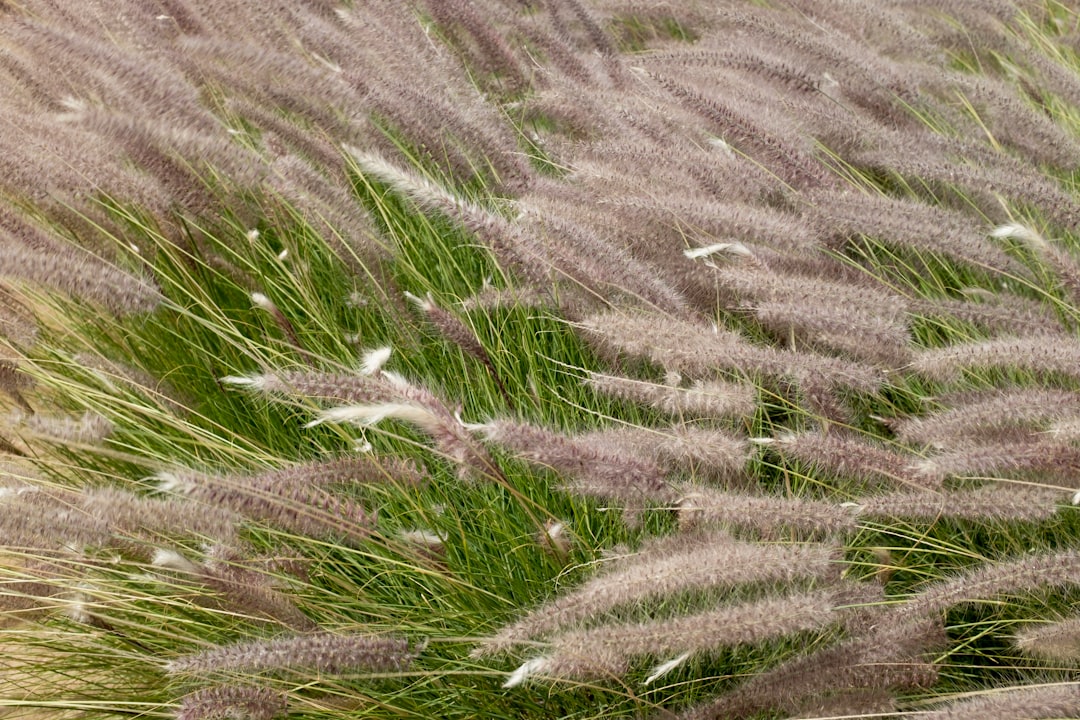
In the world of gardening, pests can be a real headache. They munch on your precious plants, spread diseases, and generally disrupt the harmony of your garden. However, nature has provided us with a tiny yet powerful ally - ladybugs. These charming little insects are not only a delight to look at but are also voracious predators of many common garden pests.
An expert in the field of gardening has come forward with a crucial warning about a common mistake that many gardeners make when trying to boost their garden's ladybug population. Ladybugs, scientifically known as Coccinellidae, are natural pest - controllers. They feed on aphids, mites, scale insects, and other soft - bodied pests that can cause significant damage to your plants.
One of the most prevalent mistakes is using chemical pesticides. While these pesticides may seem like a quick fix for getting rid of pests, they are also extremely harmful to ladybugs. Chemical pesticides can kill ladybugs directly or contaminate their food sources. When ladybugs consume pests that have been exposed to pesticides, they can suffer from poisoning, which can lead to a decline in their population. So, if you're aiming to increase the number of ladybugs in your garden, it's essential to avoid using chemical pesticides as much as possible.
Instead, opt for natural pest - control methods. For example, you can introduce plants that attract ladybugs. Dill, fennel, yarrow, and cosmos are all excellent choices. These plants not only provide a source of nectar and pollen for ladybugs but also serve as a habitat where they can lay their eggs. Ladybugs are more likely to stay in a garden where they have access to food and a suitable place to reproduce.
Another important aspect is creating a water source. Ladybugs need water to survive, just like any other living creature. You can set up a shallow dish filled with water and some pebbles. The pebbles will provide a landing spot for the ladybugs, preventing them from drowning. This simple addition to your garden can make it much more attractive to ladybugs.
It's also crucial to understand the life cycle of ladybugs. Ladybugs go through four stages: egg, larva, pupa, and adult. The larval stage is when they are most voracious in terms of pest - eating. They look quite different from the adult ladybugs, often being long and spiky. Many gardeners, not recognizing them as beneficial insects, may accidentally remove or harm them. So, it's important to educate yourself about the different stages of the ladybug life cycle to ensure that you're not unknowingly eliminating these helpful pests.
When you purchase ladybugs from a store, there are also some things to keep in mind. Make sure to release them at the right time. The best time to release ladybugs is in the evening or early morning when it's cooler. This gives them a chance to acclimate to their new environment before the heat of the day. Also, release them near plants that are infested with pests so that they can start feeding immediately.
In conclusion, boosting your garden's ladybug population is an effective and natural way to control pests. By avoiding the common mistake of using chemical pesticides, providing suitable plants, water sources, and understanding their life cycle, you can create a garden that is a haven for ladybugs. In turn, these ladybugs will help keep your garden healthy and pest - free, allowing you to enjoy the fruits (and vegetables) of your labor without the constant worry of pests.
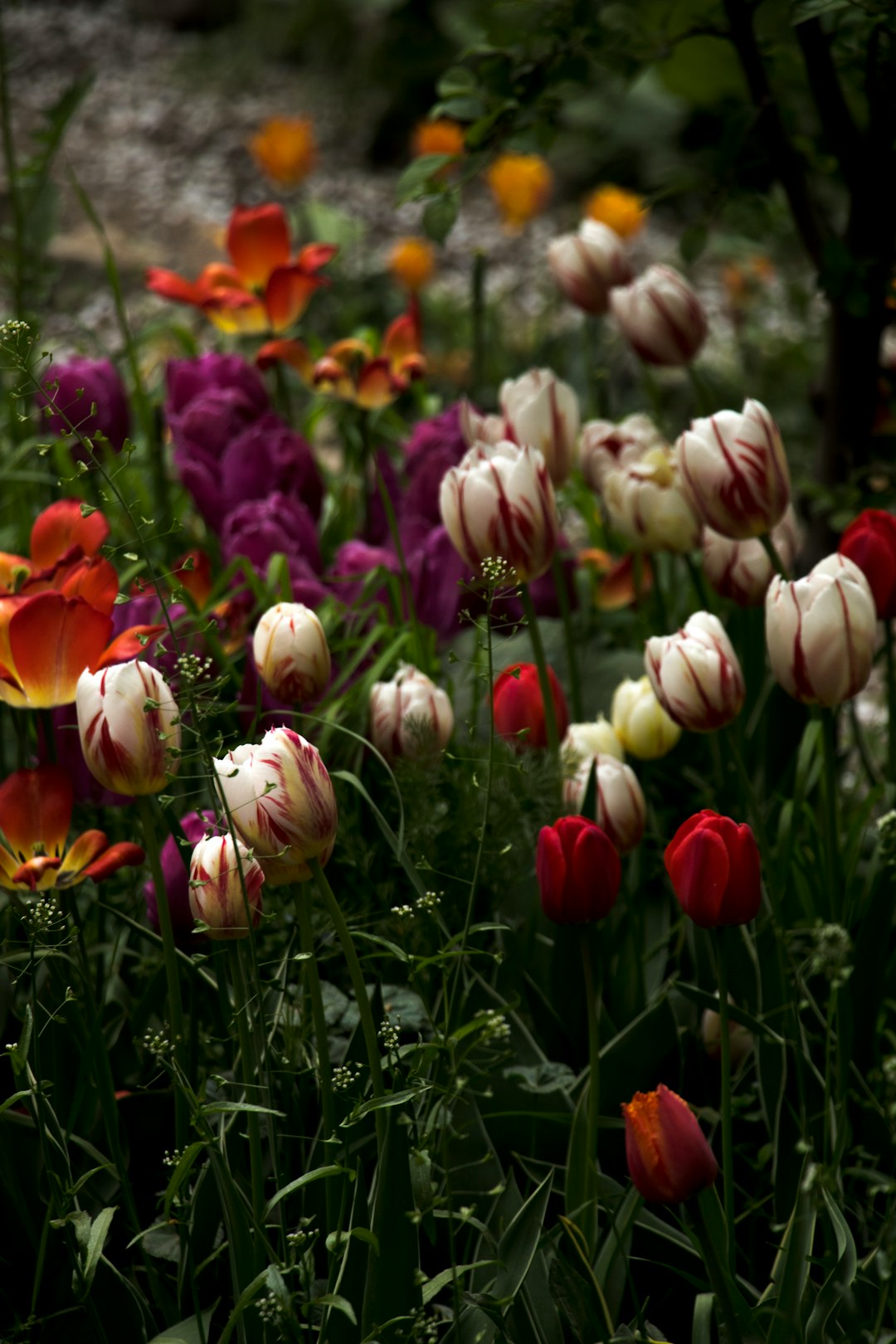
Unleashing the Floral Magic of Snowball Hydrangeas
Unleashing the Floral Magic of Snowball Hydrangeas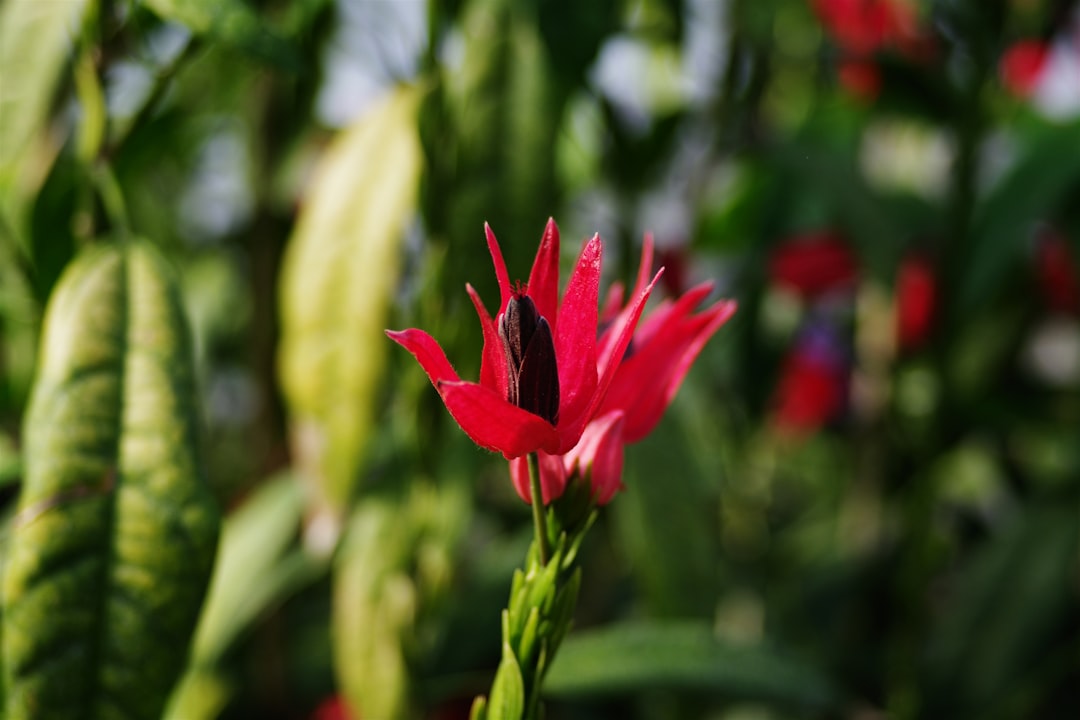
Unveiling the Secrets of Cultivating Carolina Allspice
Unveiling the Secrets of Cultivating Carolina Allspice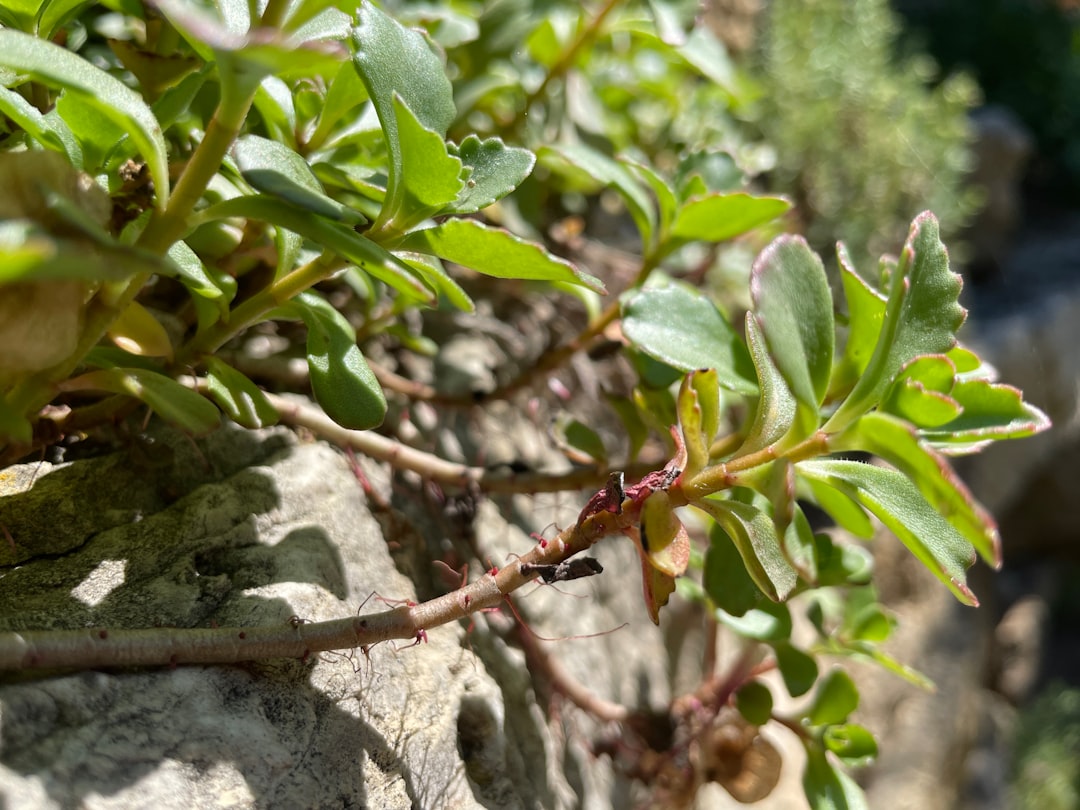
The Art of Planting Bare Root Trees: A Comprehensive Guide
The Art of Planting Bare Root Trees: A Comprehensive Guide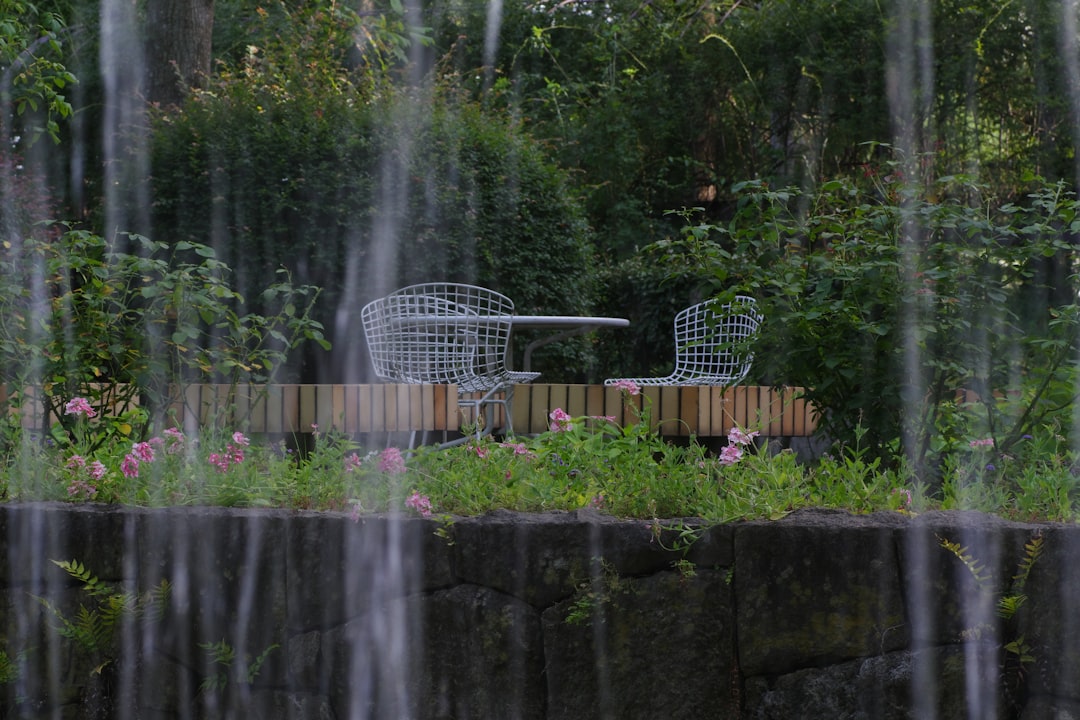
The Enchanting Allure of White - Flowered Trees for Your Front Yard
The Enchanting Allure of White - Flowered Trees for Your Front Yard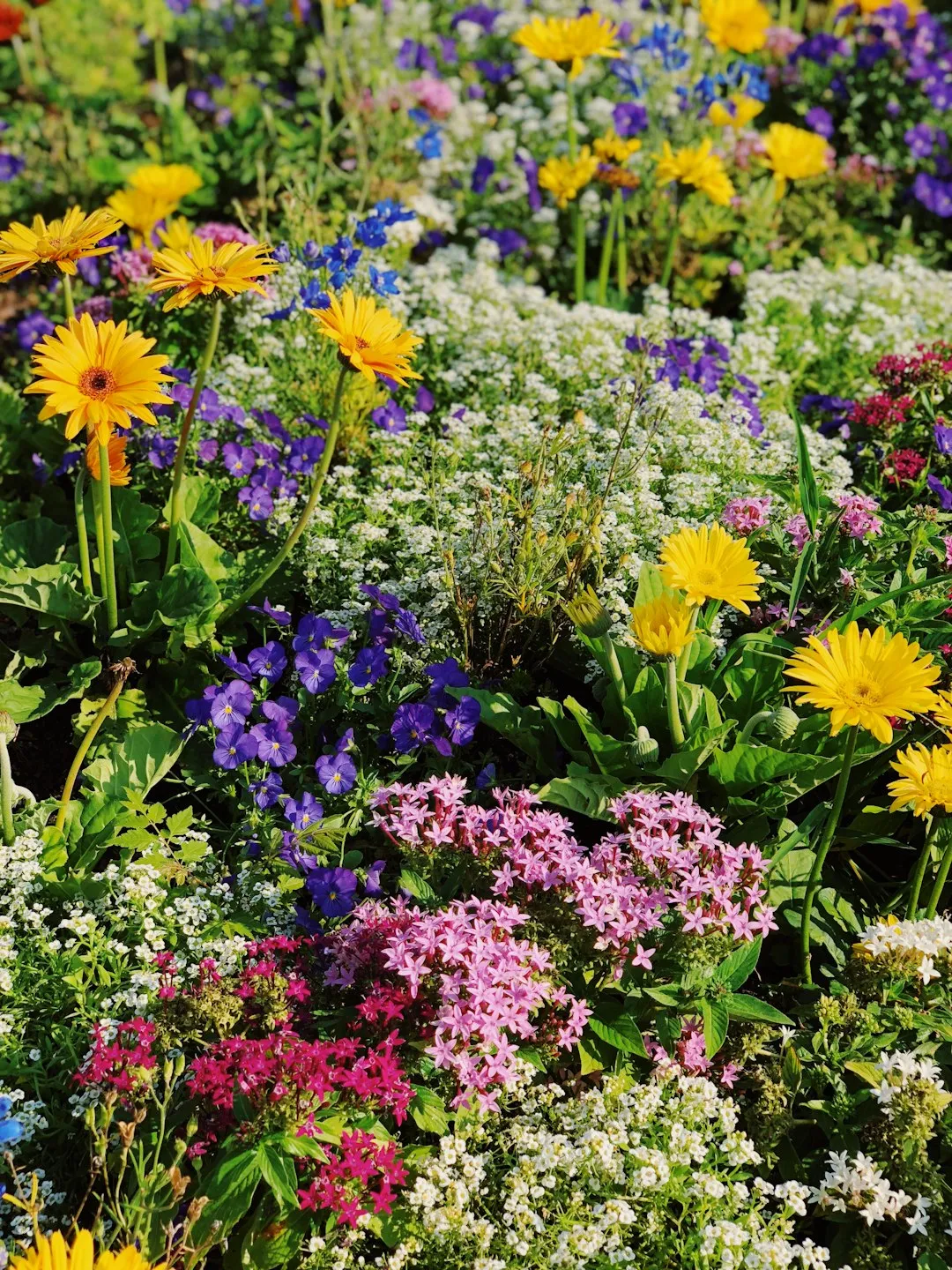
Transform Your Home with Succulent Wall Art from an Old Picture Frame
Transform Your Home with Succulent Wall Art from an Old Picture Frame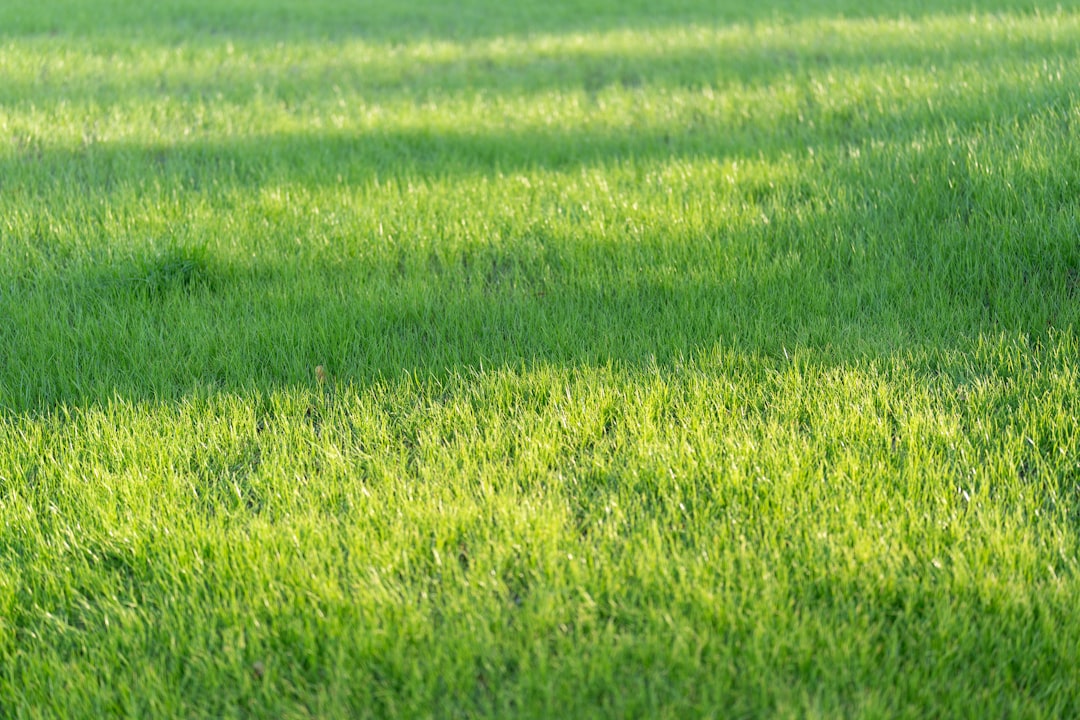
Transforming Broken Pots into Enchanting Fairy Gardens
Transforming Broken Pots into Enchanting Fairy Gardens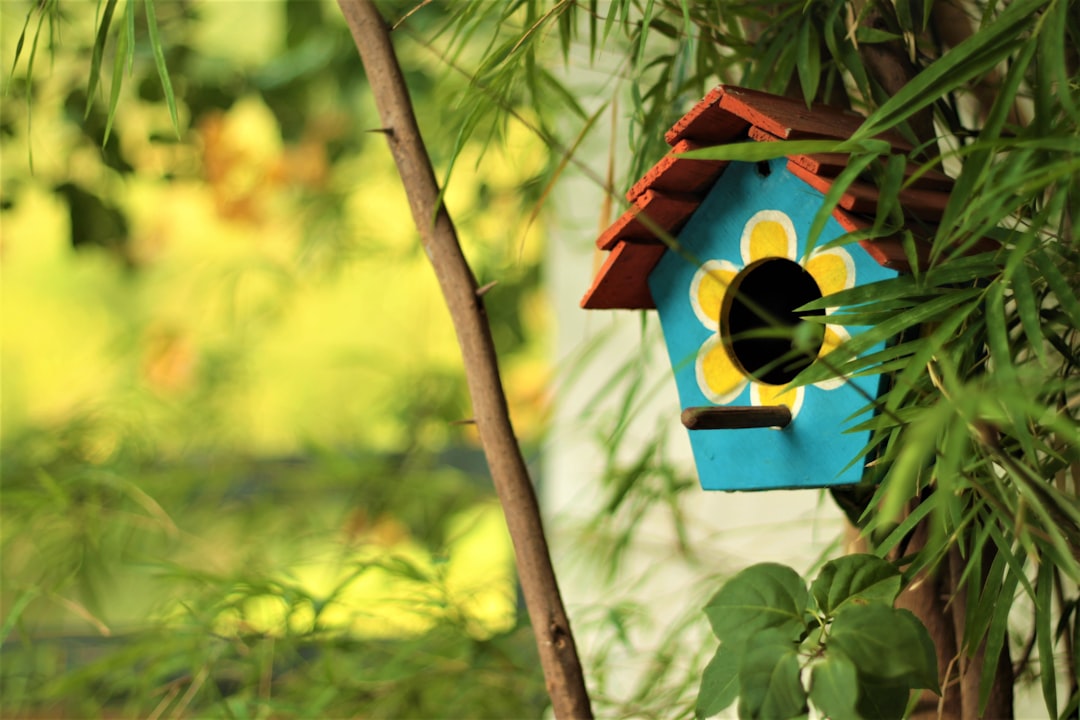
Unleash the Beauty of Dahlias in Pots This Summer
Unleash the Beauty of Dahlias in Pots This Summer
Transform Your Shady Yard with Caladium Container Magic
Transform Your Shady Yard with Caladium Container Magic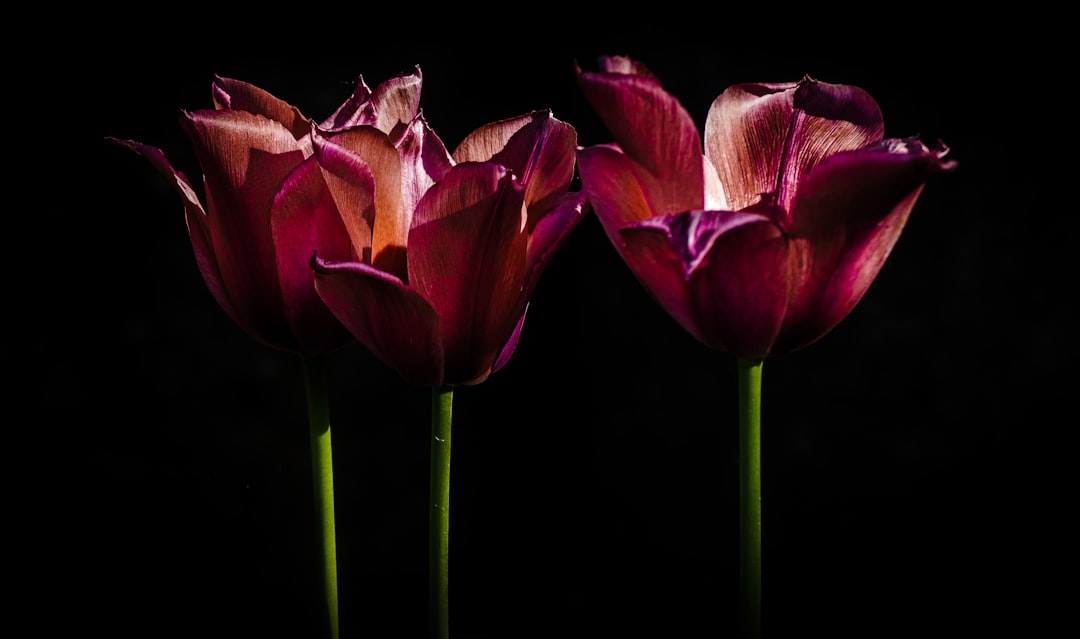
Unleash Your Creativity with DIY Concrete Planters
Unleash Your Creativity with DIY Concrete Planters
The Secret to Thriving Jade Plants: Minimal Effort, Maximum Results
The Secret to Thriving Jade Plants: Minimal Effort, Maximum Results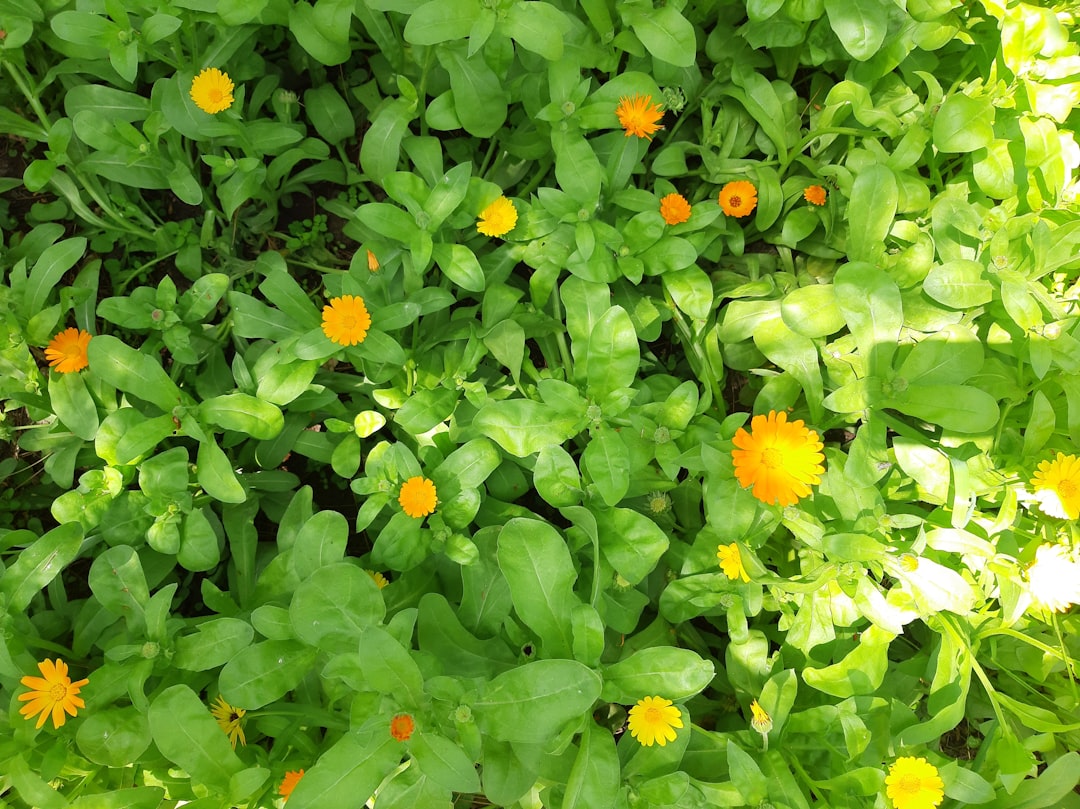
Unveiling the Secrets of Thriving Houseplants: A Two - Month Journey
Unveiling the Secrets of Thriving Houseplants: A Two - Month Journey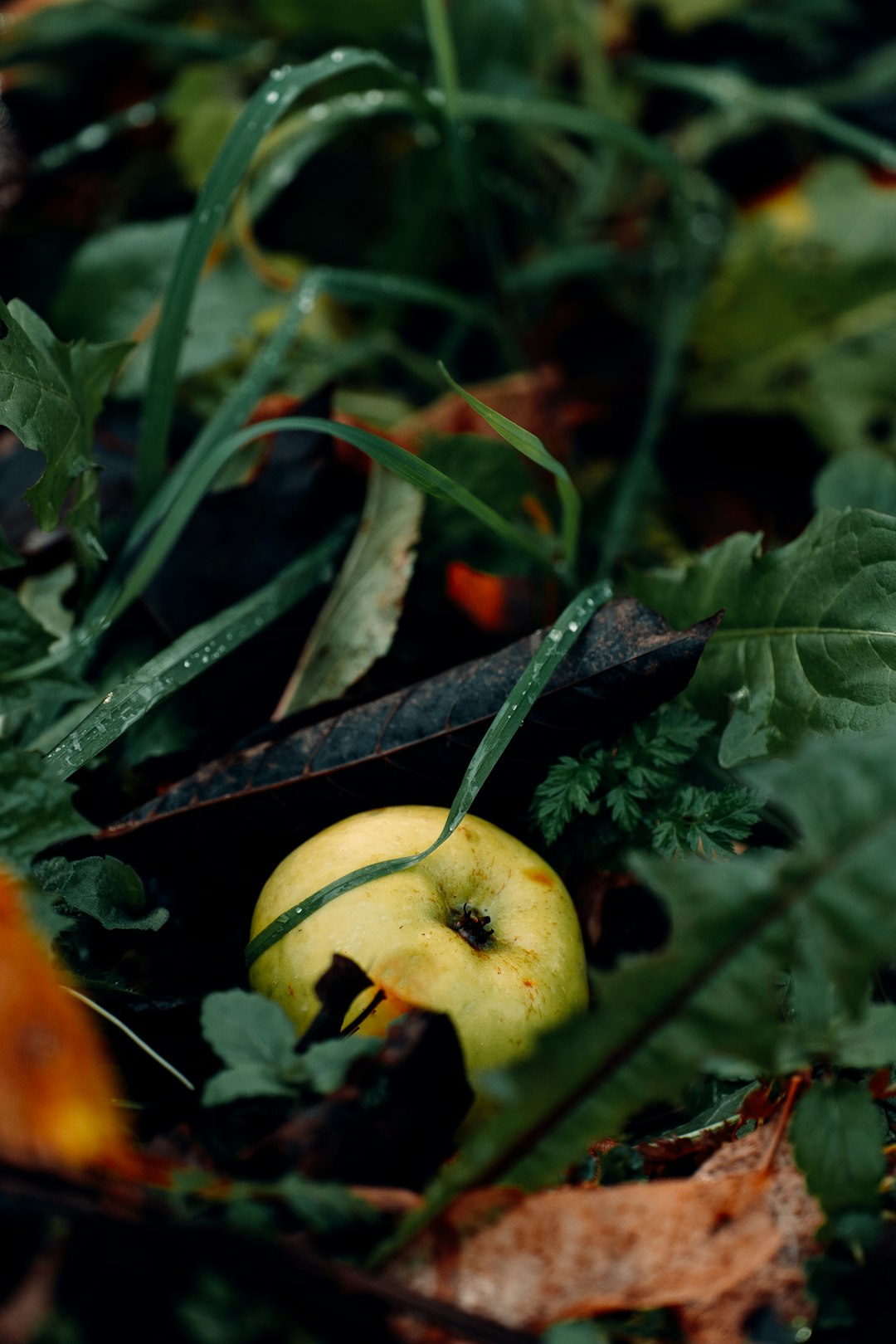
The Ideal Starter Plant for Your Indoor Oasis
The Ideal Starter Plant for Your Indoor Oasis
Transform Tiny Outdoor Spaces with a DIY Container Pond
Transform Tiny Outdoor Spaces with a DIY Container Pond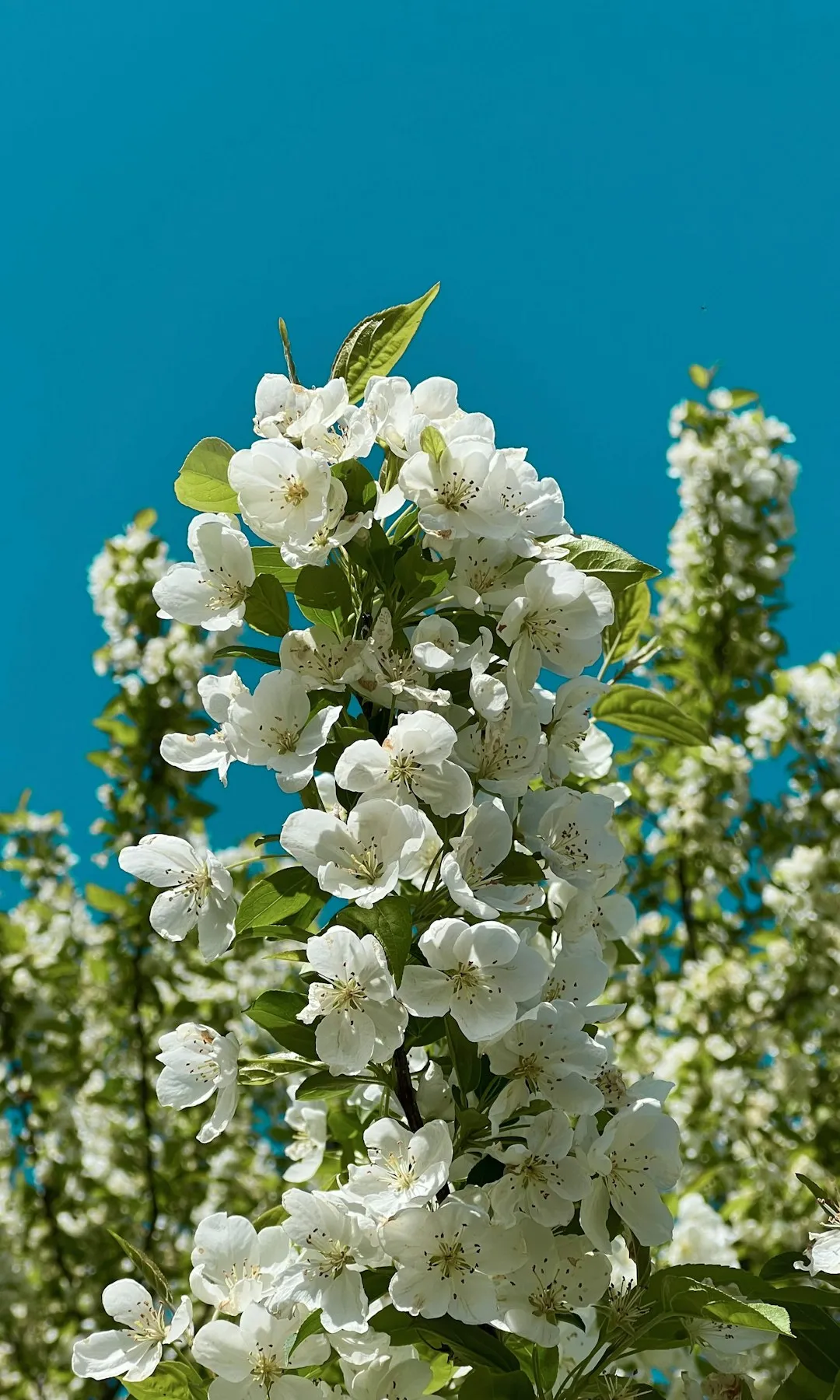
The Gravel Guide: Avoiding Common Pitfalls in Landscape Design
The Gravel Guide: Avoiding Common Pitfalls in Landscape Design
Summer's Floral Magic: Transforming Your Garden
Summer's Floral Magic: Transforming Your Garden
Transform Your Mailbox into a Garden Gem
Transform Your Mailbox into a Garden Gem
Transform Your Backyard with a Storm - Catching Oasis
Transform Your Backyard with a Storm - Catching Oasis
The Surprising Truth About Weed - Control in Vegetable Gardens
The Surprising Truth About Weed - Control in Vegetable Gardens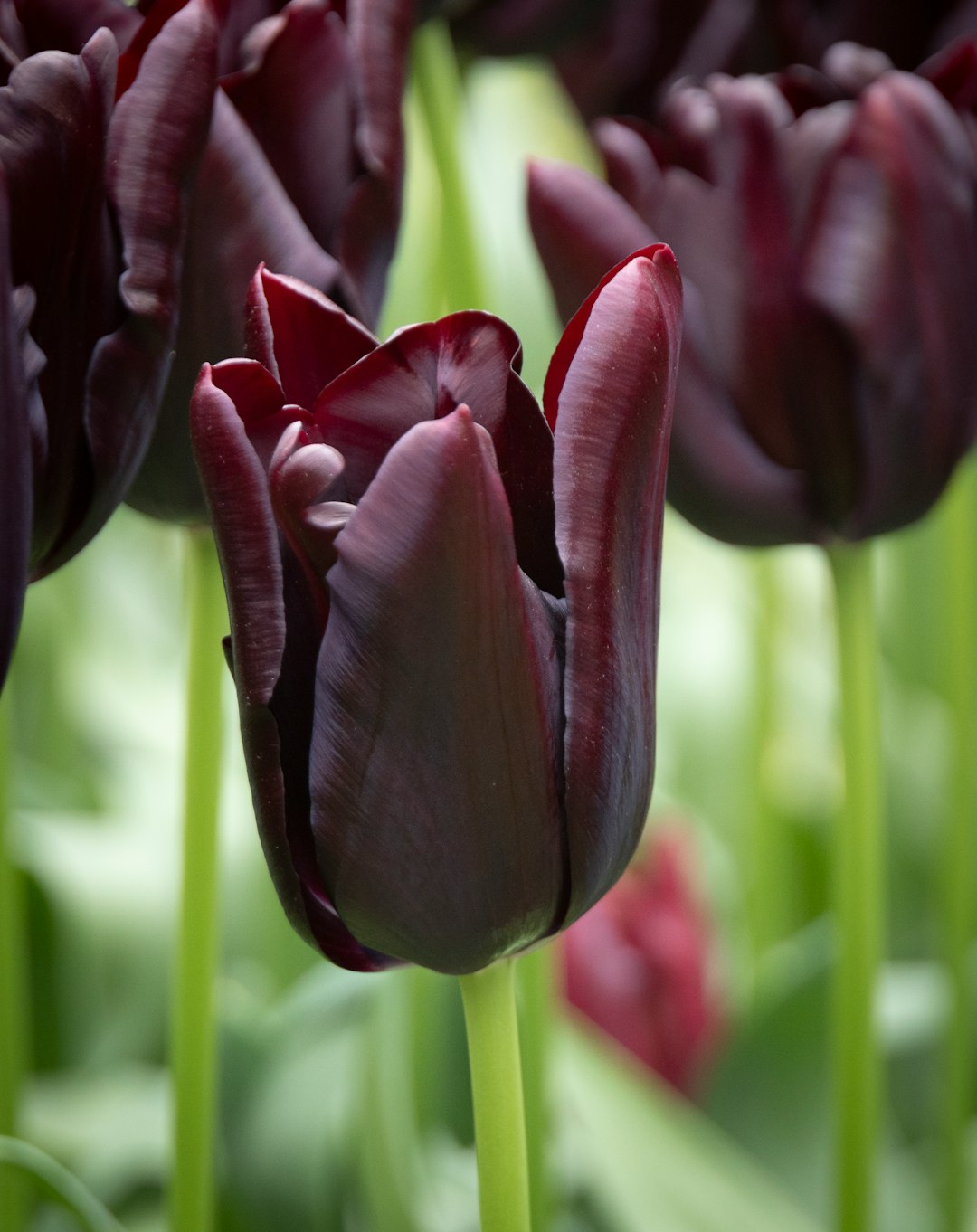
Conquer Your Garden's Invaders: Expert Solutions
Conquer Your Garden's Invaders: Expert Solutions
Reviving Your Hibiscus: Solving the Mystery of Yellow Leaves
Reviving Your Hibiscus: Solving the Mystery of Yellow Leaves